
Márta Mészáros
Birth : 1931-09-19, Hungary, Budapest
History
Márta Mészáros (born 19 September 1931) is a Hungarian screenwriter and film director. The daughter of László Mészáros, a sculptor, Mészáros began her career working in documentary film, having made 25 documentary shorts over the span of ten years. Her full-length directorial debut, Eltavozott nap/The Girl (1968), was the first Hungarian film to have been directed by a woman, and won the Special Prize of the Jury at the Valladolid International Film Festival.
Mészáros' work often combines autobiographical details with documentary footage. Prominent themes include characters' denials of their pasts, the consequences of dishonesty, and the problematics of gender. Her films often feature heroines from fragmented families, such as young girls seeking their missing parents (The Girl) or middle-aged women looking to adopt children (Adoption).
Although Mészáros has made over fifteen feature films, she is arguably best known for Diary for My Children (1984), which won the Grand Prix at the Cannes Film Festival. It was the first entry in a trilogy of autobiographical films which also includes Diary for my Lovers (1987) and Diary for my Father and Mother (1990).
Throughout her career, Mészáros has won the Golden Bear and the Silver Bear awards at the Berlinale; the Golden Medal at the Chicago International Film Festival; the Silver Shell at the San Sebastian International Film Festival; and the FIPRESCI Prize at the Cannes Film Festival. In 1991 she was a member of the jury at the 17th Moscow International Film Festival.
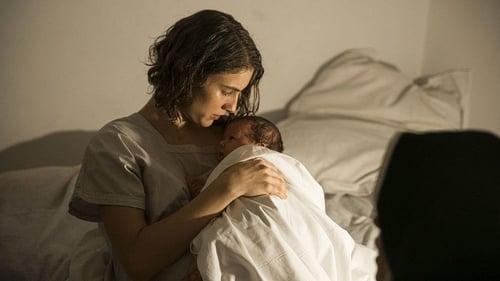
Director
The Aurora Borealis is a story of family that is rich in twists and turns. It breaks the depths of the relationship between mother and daughter. A successful lawyer in Vienna, Olga is called back to Hungary when her old mother, Mary suddenly falls into a coma. While Mary is floating between life and death, Olga finds a deeply silent secret. The increasingly passionate research leads back to the post-war Europe of the '50s.

Director
Márta Mészáros' father, the sculptor László Mészáros, was executed during the Stalinist purges of the Soviet Union. The director addressed her father's fate in many of her earlier films, but this time, she focuses on her mother, Vilma Kovács.

Writer
Anthology film made as an act of protest against Hungarian government of Viktor Orban.

Director
Anthology film made as an act of protest against Hungarian government of Viktor Orban.
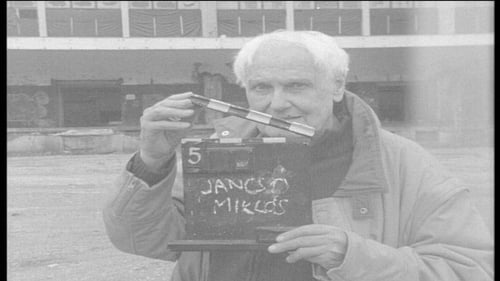
Self
Reconstructions of unrealized Hungarian films in cooperation with the greatest Hungarian film directors.

Director
Péter, a literary critic, is tasked by the secret police to persuade Social Democratic politician, Anna Kéthly, who has been living in exile for decades, to return home.

Screenplay
One of the doyennes of Hungarian film deals with a dark period of national history: the Soviet regime in Hungary. She portrays it through the fate of the former prime minister and national hero, Imre Nagy. The script is based on the diary written by Imre Nagy, and the memories of his daughter, Erzsébet Nagy, as well as authentic documents and records.

Director
One of the doyennes of Hungarian film deals with a dark period of national history: the Soviet regime in Hungary. She portrays it through the fate of the former prime minister and national hero, Imre Nagy. The script is based on the diary written by Imre Nagy, and the memories of his daughter, Erzsébet Nagy, as well as authentic documents and records.
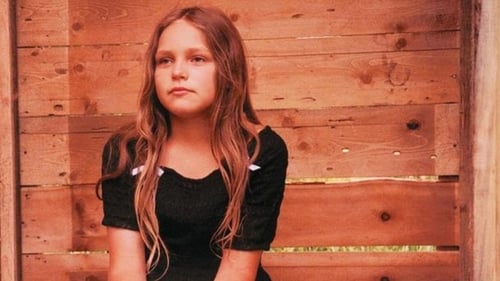
Writer
The movie is inspired by writer-director Márta Mészáros' own childhood. The film is a grim reminder of horrible days under Stalinist period when several innocent people were persecuted for no fault. A good film which allow people to know how people in Europe were tortured before second world war by dictators and authoritarian regimes.

Director
The movie is inspired by writer-director Márta Mészáros' own childhood. The film is a grim reminder of horrible days under Stalinist period when several innocent people were persecuted for no fault. A good film which allow people to know how people in Europe were tortured before second world war by dictators and authoritarian regimes.
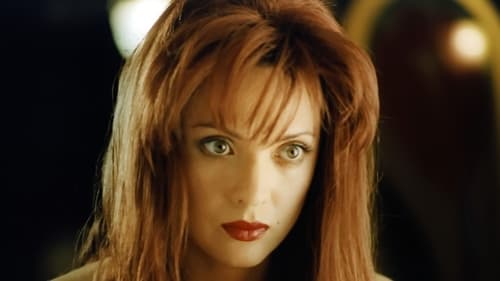
Screenplay
A story of a mother who had to change her profession from a teacher to a high class prostitute to make a living.

Director
A story of a mother who had to change her profession from a teacher to a high class prostitute to make a living.

Screenplay
An expressionist biography of Edith Stein, who converted from the Jewish faith to the Catholic one and became a Carmelite sister. She would die in a German concentration camp.

Director
An expressionist biography of Edith Stein, who converted from the Jewish faith to the Catholic one and became a Carmelite sister. She would die in a German concentration camp.

Writer
This drama follows the dilemma of a young, unwillingly pregnant wife who gives her child up for adoption by a businesswoman. Anna doesn't need another mouth to feed. She can barely afford to care for the two she already has so when she discovers that she is six weeks pregnant she readily accepts the cash offer from Terez, her tough boss at the store where she works. If she will isolate herself throughout the pregnancy, secretly bear the child and immediately allow Terez to sign for it, Anna will receive $50,000. Most of the story then focuses upon Anna's emotional processes as she evaluates her choice. Included are dream segments and shots an unborn baby in the womb.

Director
This drama follows the dilemma of a young, unwillingly pregnant wife who gives her child up for adoption by a businesswoman. Anna doesn't need another mouth to feed. She can barely afford to care for the two she already has so when she discovers that she is six weeks pregnant she readily accepts the cash offer from Terez, her tough boss at the store where she works. If she will isolate herself throughout the pregnancy, secretly bear the child and immediately allow Terez to sign for it, Anna will receive $50,000. Most of the story then focuses upon Anna's emotional processes as she evaluates her choice. Included are dream segments and shots an unborn baby in the womb.

Director
The lifelong friendship of Edith Piaf and Marlene Dietrich.

Director
Fanny lives in the forest with her meteorologist mother. One day on her way across the forest to visit her grandmother and great grandmother, she has three encounters that will change her life forever: an apparently kind and gentle wolf, a city boy and an ornithologist who bears a striking resemblance to the father who long ago abandoned her and her mother.

Writer
Fanny lives in the forest with her meteorologist mother. One day on her way across the forest to visit her grandmother and great grandmother, she has three encounters that will change her life forever: an apparently kind and gentle wolf, a city boy and an ornithologist who bears a striking resemblance to the father who long ago abandoned her and her mother.
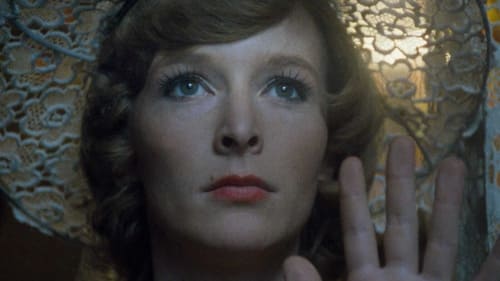
Writer
This story follows a young student, who is orphaned as she grows to adulthood in the shadow of the 1956 Hungarian uprising. Coming from the Communist intelligentsia, she sees her friends and family react differently. Her lover, a married factory manager, supports the patriots and later assists fellow workers in staging a strike. Meanwhile her sister and others express anger at being forced from their homes during the revolution and continue to express a hatred for the rebels afterwards. But in the end they realize that for all people, real life is not possible after the revolt and its brutal suppression by the Soviets and their collaborators.

Director
This story follows a young student, who is orphaned as she grows to adulthood in the shadow of the 1956 Hungarian uprising. Coming from the Communist intelligentsia, she sees her friends and family react differently. Her lover, a married factory manager, supports the patriots and later assists fellow workers in staging a strike. Meanwhile her sister and others express anger at being forced from their homes during the revolution and continue to express a hatred for the rebels afterwards. But in the end they realize that for all people, real life is not possible after the revolt and its brutal suppression by the Soviets and their collaborators.
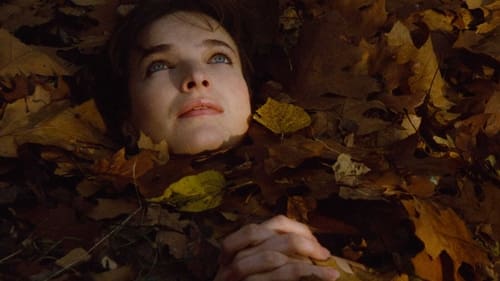
Writer
A continuation of "Diary for My Children," the film picks up in 1950, when Juli, the diarist, is 18 and determined to become a movie director.

Director
A continuation of "Diary for My Children," the film picks up in 1950, when Juli, the diarist, is 18 and determined to become a movie director.

Writer
A Polish guest and Finnish engineer both fall for the same mysterious woman.

Director
A Polish guest and Finnish engineer both fall for the same mysterious woman.
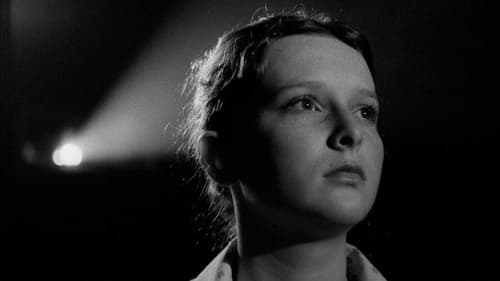
Writer
A semi-autobiographical story of a young woman's life in Budapest under Stalin.

Director
A semi-autobiographical story of a young woman's life in Budapest under Stalin.

Writer
Anna is a stylist in Budapest. One day at a restaurant, she thinks she recognizes Marie Aubier, a 22-year-old French girl, her own daughter.

Director
Anna is a stylist in Budapest. One day at a restaurant, she thinks she recognizes Marie Aubier, a 22-year-old French girl, her own daughter.
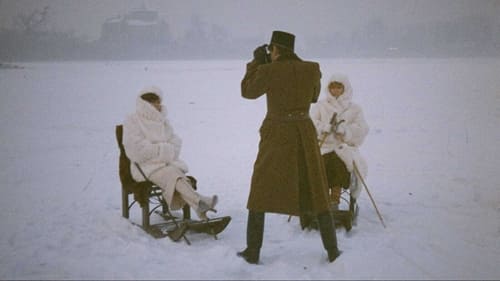
Writer
During the rising of nazism, Sylvia, a rich but sterile woman, needs an heir to inherit her father's money. So she bribes Irene, a Jewish girl, to have a child by her husband.

Director
During the rising of nazism, Sylvia, a rich but sterile woman, needs an heir to inherit her father's money. So she bribes Irene, a Jewish girl, to have a child by her husband.

Writer
Barbara is a forty-year-old woman of Polish origin living in Budapest. She is a biologist, a wife and a mother. The death of her woman friend opens her eyes to the fact that she is lonely, unable to find her place.

Director
Barbara is a forty-year-old woman of Polish origin living in Budapest. She is a biologist, a wife and a mother. The death of her woman friend opens her eyes to the fact that she is lonely, unable to find her place.
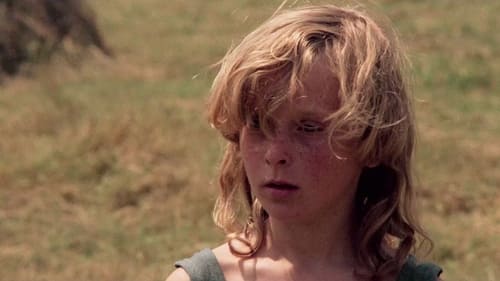
Writer
On his return from America, András simply cannot find his place: he has lost his wife, friends and job, and he cannot even find his way back to his former great love. Eventually, as a surrogate father, he takes in a wild young girl (Zsuzsa Czinkóczi) and a particularly strong bond is formed between these two rootless people. Márta Mészáros’s remarkable movie starring Jan Nowicki and Anna Karina is about displacement, loneliness and attachment.

Director
On his return from America, András simply cannot find his place: he has lost his wife, friends and job, and he cannot even find his way back to his former great love. Eventually, as a surrogate father, he takes in a wild young girl (Zsuzsa Czinkóczi) and a particularly strong bond is formed between these two rootless people. Márta Mészáros’s remarkable movie starring Jan Nowicki and Anna Karina is about displacement, loneliness and attachment.
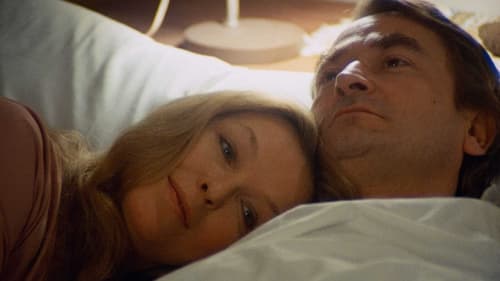
Screenplay
Looking for a safe place to live after being harassed by her husband, a depressive and violent man, Juli stays at a women's shelter run by Mária.

Director
Looking for a safe place to live after being harassed by her husband, a depressive and violent man, Juli stays at a women's shelter run by Mária.
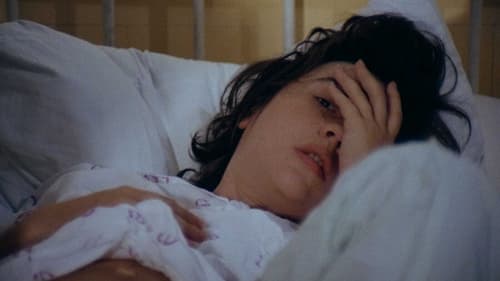
Writer
Village-girl (Juli Kovács) arrives in the city to work in a factory. The works manager (János Bodnár) sets his eye on her, but at first the girl refuses his advance.

Director
Village-girl (Juli Kovács) arrives in the city to work in a factory. The works manager (János Bodnár) sets his eye on her, but at first the girl refuses his advance.

Director of Photography
When middle-aged Kata realises that her life will only be complete if she has a baby of her own, her longstanding-but-married boyfriend Joska refuses to comply. But by developing an unlikely friendship with the angst-ridden teenage orphan Anna, who is also involved in a controversial relationship, Kata discovers aspects of herself, and her role as a woman, that have gone unexamined throughout her entire, lonely life.

Writer
When middle-aged Kata realises that her life will only be complete if she has a baby of her own, her longstanding-but-married boyfriend Joska refuses to comply. But by developing an unlikely friendship with the angst-ridden teenage orphan Anna, who is also involved in a controversial relationship, Kata discovers aspects of herself, and her role as a woman, that have gone unexamined throughout her entire, lonely life.

Director
When middle-aged Kata realises that her life will only be complete if she has a baby of her own, her longstanding-but-married boyfriend Joska refuses to comply. But by developing an unlikely friendship with the angst-ridden teenage orphan Anna, who is also involved in a controversial relationship, Kata discovers aspects of herself, and her role as a woman, that have gone unexamined throughout her entire, lonely life.

Writer
Jutka, a young woman who works in a factory, falls in love with Andras, a university student. She pretends to be a student, to him and to his parents, and begins to live a lie. Finally she rebels against Andras and his demands and the social conventions that forced her to live a lie.

Director
Jutka, a young woman who works in a factory, falls in love with Andras, a university student. She pretends to be a student, to him and to his parents, and begins to live a lie. Finally she rebels against Andras and his demands and the social conventions that forced her to live a lie.

Director
Young Petőfi Zoltán the son of the great Hungarian poet, Petőfi Sándor, feels as though he were a stranger in the house of his mother and stepfather. Off he goes, finding work in Debrecen, where his theatrical and literary career and love all seem to be on their way.

Director
Savanyú and his friend work at a plant. After the monotonous shifts they engage in the pleasures of the afternoon and the night, i.e. parties and concerts. Savanyú dates Juli, they are already engaged. The young men live as sub-tenants, the young women in workers' hostels. None of these places are suited for spending time together. They are in need of an apartment. Out of the ruinous apartment which they lay siege on, however, they are sent away by the otherwise friendly policeman. At a concert held in the Park of Youth, Juli gets to know Géza. They flirt, then go to the country with a pop-group. Savanyú and his friends follow them. A minor fight cools the atmosphere.

Screenplay
Edit, who became the wife of a politician out of a simple peasant girl, suddenly becomes a widow as a result of an accident. She never loved her husband. She lives a wealthy and lonely life amidst false friends, facing one of the last alternatives of her life, i.e. having to face her past in the hope of an independent new beginning.

Director
Edit, who became the wife of a politician out of a simple peasant girl, suddenly becomes a widow as a result of an accident. She never loved her husband. She lives a wealthy and lonely life amidst false friends, facing one of the last alternatives of her life, i.e. having to face her past in the hope of an independent new beginning.
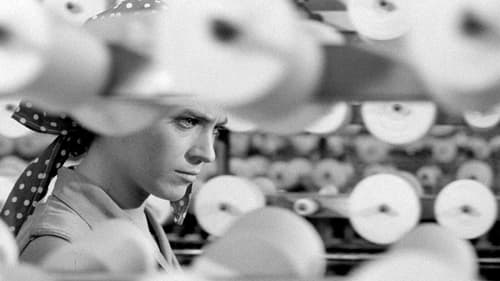
Writer
A young woman leaves a state orphanage to find her mother in this interesting examination of how the overt repression of women in the older pattern of village life has been replaced by the more subtle exploitation inherent in the apparently freer existence of young girls in the contemporary city.

Director
A young woman leaves a state orphanage to find her mother in this interesting examination of how the overt repression of women in the older pattern of village life has been replaced by the more subtle exploitation inherent in the apparently freer existence of young girls in the contemporary city.

Screenplay

Director

Writer
A documentary investigation about an unwanted child of divorced parents.

Director
A documentary investigation about an unwanted child of divorced parents.


















